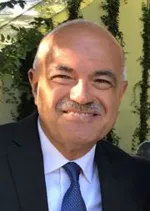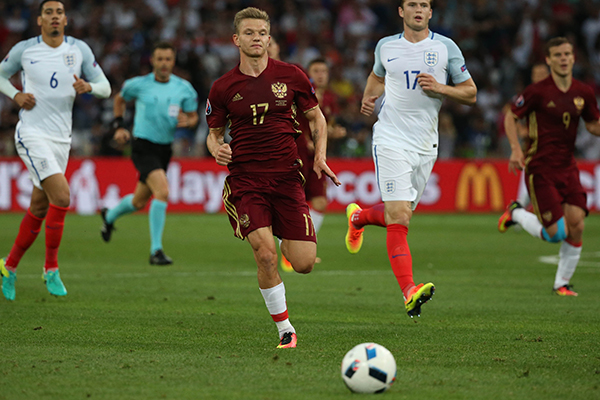Learn from research’s biggest names.
The Simon community is small by design. In fact, it is the smallest of the top-ranked business schools, which offers students the opportunity to work closely with world class scholars. Simon doesn’t require a specific undergraduate major or a minimum work experience; scholars are free to choose from any of our six research focus areas.
| Accounting | Comp. and Info. Systems | Economics and Mgmt. |
| Finance | Marketing | Operations Management |
Economics and Management
Economics & Management is designed to develop economists skilled in conducting research on a broad variety of firm-related topics. The curriculum explores topics such as how relative firm performance is affected by dynamic strategic decisions. Economics and management faculty are actively engaged in theoretical and empirical research on a variety of issues. Weekly seminars provide students with early access to research by Simon faculty and world-class speakers from other institutions.

Jeanine Miklós-Thal, Professor, Research Fellow.
Learn more about our Economics and Management faculty and their research interests:














